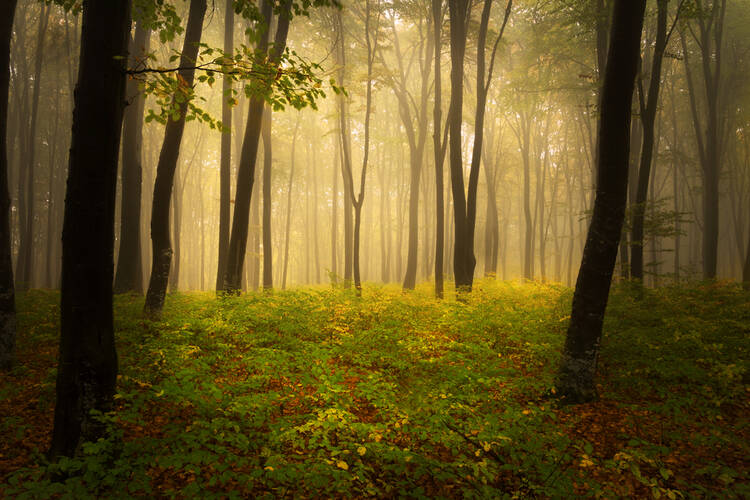In the New York Times today, columnist T.M. Luhrmann wonders about the origins of strange and mysterious happenings that don't make sense through our typical cognitive framework. She cites the following example:
In Scientific American, Michael Shermer, publisher of Skeptic magazine, recently recounted such a story. On his wedding day, his bride wished intensely that her deceased grandfather could be there to give her away. Suddenly, the grandfather’s long-broken radio, which they had never managed to fix, came on, for that one day, and then never worked again. The experience rocked him back on his heels, he wrote, but it did not seem to have shifted what he takes to be real.
Lurhmann later adds:
I’ve talked to hundreds of people who have had remarkable, unexpected experiences that startled them profoundly. Some see them as clear evidence of the supernatural and others do not. And there are those who come to a conclusive view of what these events mean, and those who hold them as evidence of the mystery of the human imagination itself.
Reading this, I thought of a passage from Carey Walsh's Chasing Mystery, a book I've been reading of late. Where Lurhmann's article ends, Walsh's thoughts might provide a new beginning:
"God" is the idea that there is something mysterious and other, someone enchanting the world, but not provable. Rudolph Otto termed this quality the "numinous." The numinous is that reality that elicits wonder and awe in us. The numinous is the sublime, calming stillness that nevertheless feels full, because it fills the soul. Most of us have experienced this numinous quality at some point in life. The sensation passes, but for a moment it takes us out of the ordinary and rejuvenates us. It is fleeting, quick, and certainly not analyzed, but it is nevertheless real....A costly weakness to modernity is that we no longer know how to discern the numinous. There is a saying that when you lose a sense, the other senses become stronger. Perhaps in modernity, the reverse has happened. We became so enthralled with the power of our senses to observe, test, and verify in the heady certainty of empiricism that our religious sense, that of discerning the divine, atrophied.








